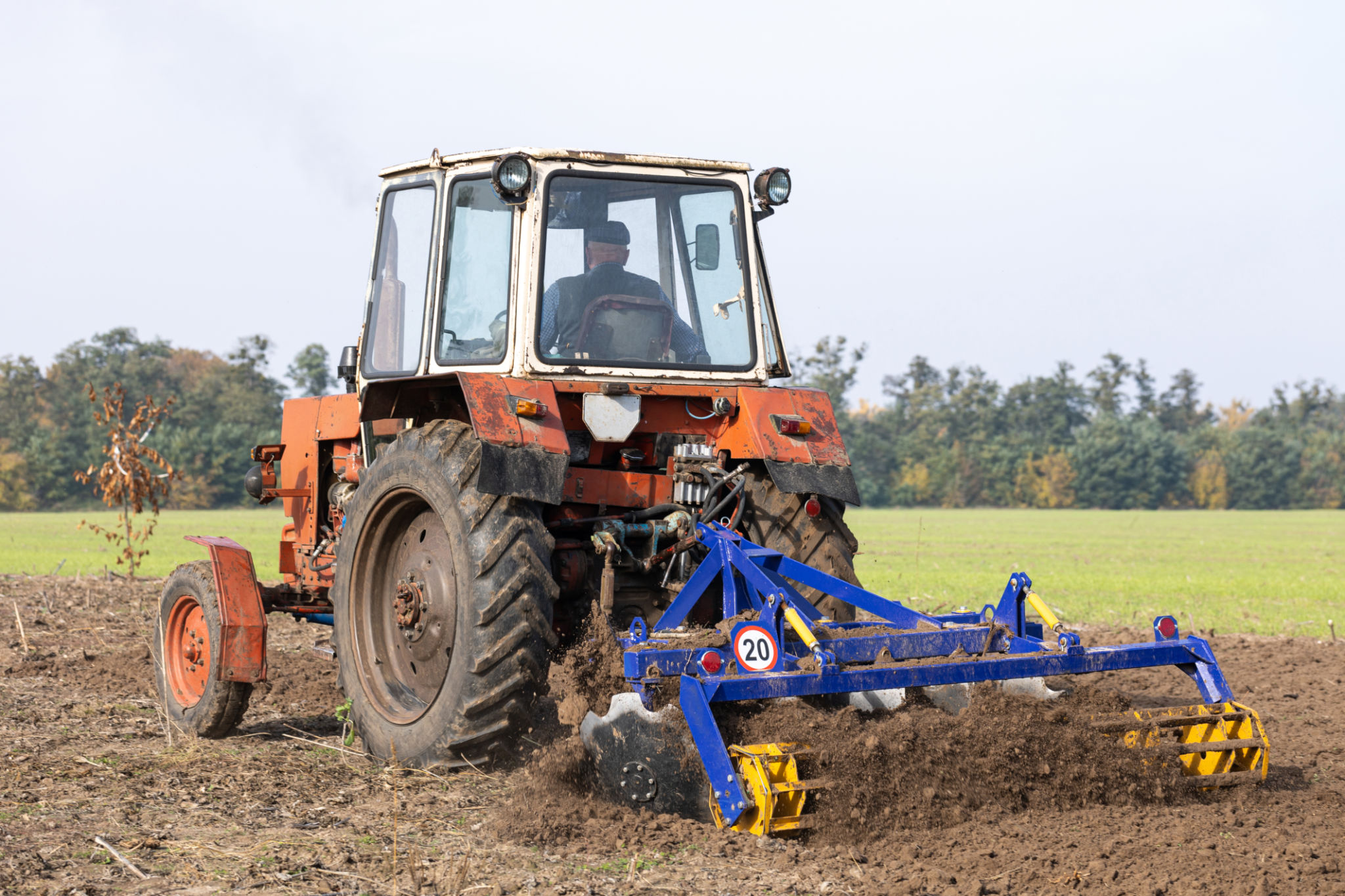Strategies for Achieving Success in Agriculture Business
AY
The New Age of Agribusiness: Key Strategies for Thriving in a Global Market
Agriculture, the cornerstone of civilization, has evolved significantly over the centuries, transforming from a means of survival to a dynamic and indispensable part of the global business landscape. As the world’s population continues to grow, the agricultural sector faces increased pressure, but also unprecedented opportunities. With demands rising and the need for sustainable practices ever more urgent, the role of agribusinesses is becoming central to addressing food security challenges.
Global Agricultural Industry at a Crossroads
Agriculture is one of the world's most critical industries. According to a report by Arkansas State University, its importance goes beyond simply providing food; it plays a foundational role in maintaining the stability of human society. Without a robust agricultural system, the stability of communities and economies would quickly deteriorate. However, feeding a rapidly expanding global population—now estimated at nearly 8 billion—is an enormous challenge.
To meet this demand, agricultural production has become increasingly globalized. The world’s reliance on interconnected supply chains for food production, from seed to market, means agribusinesses must compete not only locally and regionally, but on a global stage. The pressure to innovate and scale production efficiently while maintaining sustainable practices has never been greater.
As agriculture faces these challenges, the need for business leaders to adapt and excel has grown. A strategic approach to running an agricultural business is essential. Below, we explore key strategies that agribusinesses can implement to succeed in this fast-paced and competitive market.

1. Establish a Clear Personal Brand
In any business, a strong and clear brand identity is essential, and the agricultural sector is no exception. With so many sectors within agriculture, from crop farming to livestock to agritech, businesses need to focus on defining their niche early on. Establishing a personal brand that reflects the core values and objectives of the business will not only help it stand out but also create long-term recognition.
For newcomers to the agricultural industry, it’s crucial to start with a well-defined direction. Whether it's organic produce, sustainable farming practices, or innovative technology, clarity in branding will help build trust and attract loyal customers. As the business grows, expanding into other areas of production becomes easier, but the foundational brand should remain strong.
2. Prioritize Customers and Product Quality
The relationship between food and health cannot be overstated. For consumers, the food they eat directly impacts their well-being, making product quality and safety the highest priorities for agribusinesses. Farmers and producers have the critical responsibility of ensuring that their products are not only safe but nutritious, meeting rigorous quality standards.
Maintaining quality control and building a reputation for producing high-quality products will set agribusinesses apart in a crowded market. It’s important to ensure that food safety standards are followed and that the products meet consumer expectations, as the impact of failing to do so can be devastating. From seed selection to harvesting, and from processing to packaging, every step should emphasize the highest quality possible.

3. Efficient Risk Management
Running a successful agricultural business involves more than just passion for farming. Financial acumen and risk management are equally important. Agribusinesses face numerous risks—market volatility, environmental challenges, regulatory changes, and supply chain disruptions. Therefore, a sound financial strategy is essential for long-term survival and growth.
To mitigate these risks, businesses must manage their operational costs carefully, optimize labor efficiency, and plan for unforeseen circumstances. This includes managing cash flow, hedging against market fluctuations, and taking advantage of technology that can reduce operational risks, such as weather monitoring systems or data analytics for more precise farming techniques. Financial planning and risk mitigation are vital for ensuring profitability and long-term sustainability in agriculture.
4. Embrace Technological Innovation
The future of agriculture is heavily reliant on technology. From precision farming, which uses sensors and data to optimize crop yields, to genetic engineering that enhances resilience to pests and diseases, technological advancements are transforming the industry. By adopting the latest agricultural technologies, businesses can improve efficiency, reduce costs, and increase output.
Smart agriculture tools, such as drones, IoT devices, and AI-powered analytics, allow farmers to monitor and manage their operations more effectively, ensuring optimal production while minimizing waste. These technologies also help in tracking environmental conditions and managing resources such as water, fertilizers, and pesticides more sustainably.
5. Adapt to Sustainability Expectations
Sustainability is no longer just a buzzword; it is a central business imperative in the agricultural sector. Consumers, especially younger generations, are increasingly demanding products that are produced sustainably. Agribusinesses must therefore incorporate sustainable practices, such as reducing carbon footprints, conserving water, and minimizing the use of harmful chemicals.
By adopting sustainable farming practices, businesses not only meet consumer demands but also help ensure the future viability of the land and resources they rely on. For example, regenerative agriculture techniques, which focus on improving soil health and increasing biodiversity, are gaining popularity and providing long-term benefits for both producers and consumers.
Conclusion: Thriving in a Globalized Agricultural Market
The agricultural sector is at a crossroads, where the challenges of feeding a growing global population must be balanced with the need to innovate and adopt sustainable practices. Agribusinesses that manage operating risks effectively, establish clear brands, prioritize customer satisfaction, and leverage technology will be positioned for success in this highly competitive and rapidly changing landscape.
As agriculture continues to evolve, businesses must not only adapt to global competition but also anticipate and respond to the changing needs and expectations of consumers. The key to thriving in this new age of agribusiness is to remain agile, sustainable, and forward-thinking.
Sources:
5 keys to agribusiness success | Affinity Credit Union. (n.d.). AffinityCU
How do you enforce quality standards in agribusiness? | LinkedIn. (2023). LinkedIn
Global competition in agricultural business | Arkansas State University Online. (2022, November 14). AState

